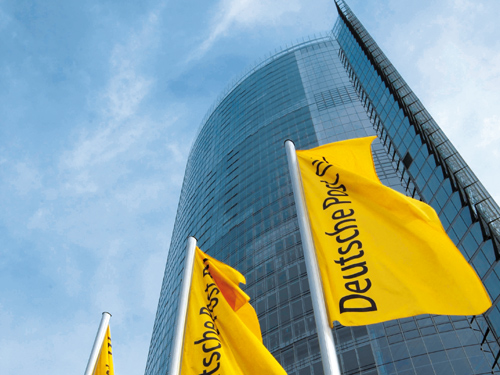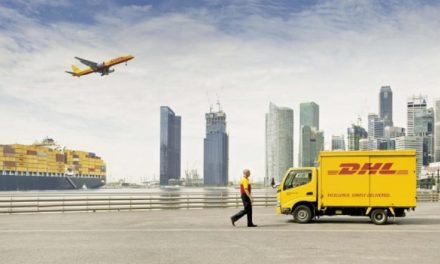
DHL study highlights future trends for logistics industry

The “Global E-Tailing 2025” study was initiated by Deutsche Post DHL, with participation from numerous international experts from retail, logistics and academia. It is a global scenario study on cross-border online commerce and its implications for the logistics industry. In four scenarios the study shows what the electronic world of shopping around the globe could look like for consumers and businesses in the near future. The different future projections are based on a detailed analysis of the most influential factors – from energy and raw material prices to technological, political and social factors to retail and consumption patterns. The scenarios also outline possible effects of changes to society’s value system by 2025. The research examined selected developed and emerging markets around the world. Trend scouts also studied purchasing and logistics trends in 12 international metropolises – among them New York, Moscow, Bangalore, Jakarta and Lagos.
Today e-commerce makes up eight percent of the overall trading volume in Europe already. Depending on the scenario, this share could rise up to 40 percent in developed countries and up to 30 percent in today’s emerging markets. Jürgen Gerdes, CEO Post – eCommerce – Parcel at Deutsche Post DHL: “In the future, logistics will take over the role as an enabler for online retailers even more than today. We as a logistics company have a good overview on companies in various industries in almost all countries of the world. That’s why we increasingly become an advisor and partner for success.”
In the first scenario, today’s emerging markets will be the engine of growth 11 years from now. A strong global economy and a stable middle class will have established a true “Everywhere Commerce”. Consumers will receive their purchases much faster than today, with Express shipments being delivered in less than 24 hours and measured in minutes. In a different scenario a highly developed digital culture has evolved, in which almost all products will be sold online and consumers will receive support by avatars. To protect manufacturers from counterfeit, logistics companies will offer protected supply chains.
However, the study not just portrays positive future projections of worldwide e-tailing, but also possible crisis scenarios. Scenario four outlines how the worldwide consumption patterns develop after the global economy will have suffered another financial crisis and energy and raw material prices have risen considerably. Under these circumstances, people could adopt a Do-It-Yourself mentality instead and sharing models instead of the “all new” approach.
All scenarios and contributions have in common that the competition in electronic retail, whether on global, national or regional level, will become more intense. Jürgen Gerdes: “We don’t know for certain what the world will look like in 2025, but the study’s various scenarios show how rapid the global retail sector – online and offline – is changing and that logistics will be a focal point of these change processes.”













